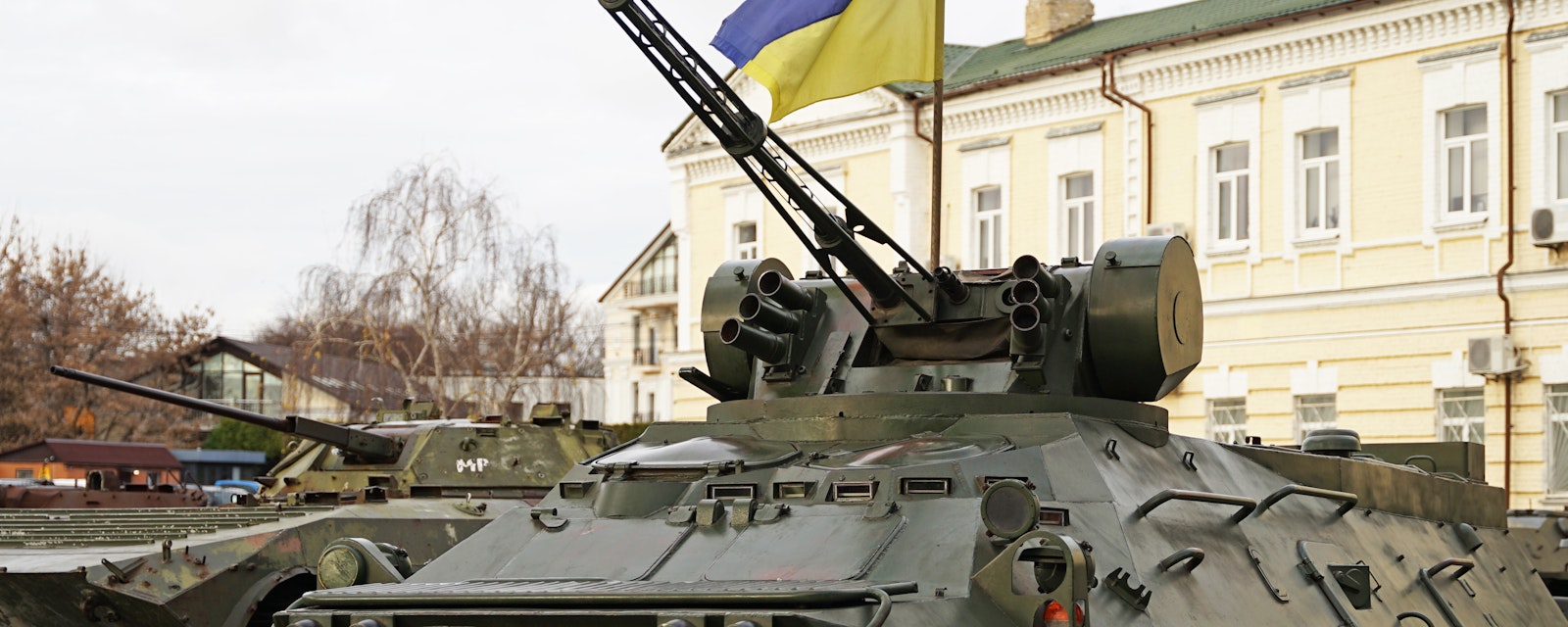Moscow has indicated its willingness to continue negotiations with the West and is finalizing its responses to the US and NATO. A planned meeting between Russian and Belarusian presidents later this week could reveal whether Russia plans to keep its forces in Belarus after the end of their joint exercises. Finally, increased focus in Russia on the self-proclaimed separatist republics in Donbas suggests that they could become an epicenter of tensions in the near future.
In a televised meeting with President Vladimir Putin earlier today, 14 February, Russia’s Foreign Minister Sergei Lavrov advised the president to continue talks with the West as he still saw a chance for an agreement, even though current responses from the US and NATO on Moscow’s requested security guarantees were “unsatisfactory”. The foreign ministry is reportedly finalizing its response to the US and NATO, which dismissed Moscow’s key demands outlined in mid December. Meanwhile, Defense Minister Sergei Shoigu informed Putin that some of the Russian military exercises were nearing completion.
Although German Chancellor Olaf Scholz’s visit to Moscow on 15 February is unlikely to bring any immediate breakthroughs, it will test the Kremlin’s stated intentions to continue the dialogue. One signpost to watch is whether Moscow provides any hints at potential areas for compromise (or formats for further talks), given the deadlock in the negotiations and Russia’s impending response to the US and NATO. Meanwhile, Scholz will seek to strike a delicate balance between seeking to maintain negotiating channels with Moscow open, while at the same time reiterating a united Western stance to impose severe sanctions on Russia if the latter invades Ukraine.
Other signposts to watch this week include a planned meeting between Putin and the disputed Belarusian President Alexander Lukashenko (the date has not been confirmed yet), which could indicate whether Moscow intends to keep its military forces in Belarus after their joint drills end on 20 February. Putin and Lukashenko could also discuss the planned referendum on constitutional amendments in Belarus on 27 February, which – if approved – would further strengthen Lukashenko’s authoritarian rule and allow him to run for two more terms as president.
Finally, Russian state media is focusing extensively on the situation in the self-proclaimed Donetsk and Luhansk People’s republics (LPR and DPR), which could potentially become an epicenter of escalation in the coming days. The Moscow-backed authorities of LPR and DPR are actively accusing Ukraine of amassing troops and allegedly planning an attack on these territories, which could then require Moscow’s military backing to “protect” Russian citizens living there. Such a scenario would reaffirm multiple warnings from the West about potential “false flag” operations planned by the Russian side.
At the same time, the State Duma (lower chamber of parliament) will start consideration on 15 February of two bills calling to recognize the independence of the self-proclaimed separatist republics (LPR and DPR). However, the parliament is not united on the issue as such a move would constitute a violation of the Minsk 2 agreements, which foresee the eventual return of territories to Ukraine. While the recognition of these territories could pave the way for their eventual annexation by Russia, the abandonment of Minsk 2 would strip Moscow of a potential instrument to exert influence on Ukraine’s domestic and foreign policy in the future. At the same time, this would suggest that the Kremlin is ready to look for new ways to halt Ukraine’s westward integration.




